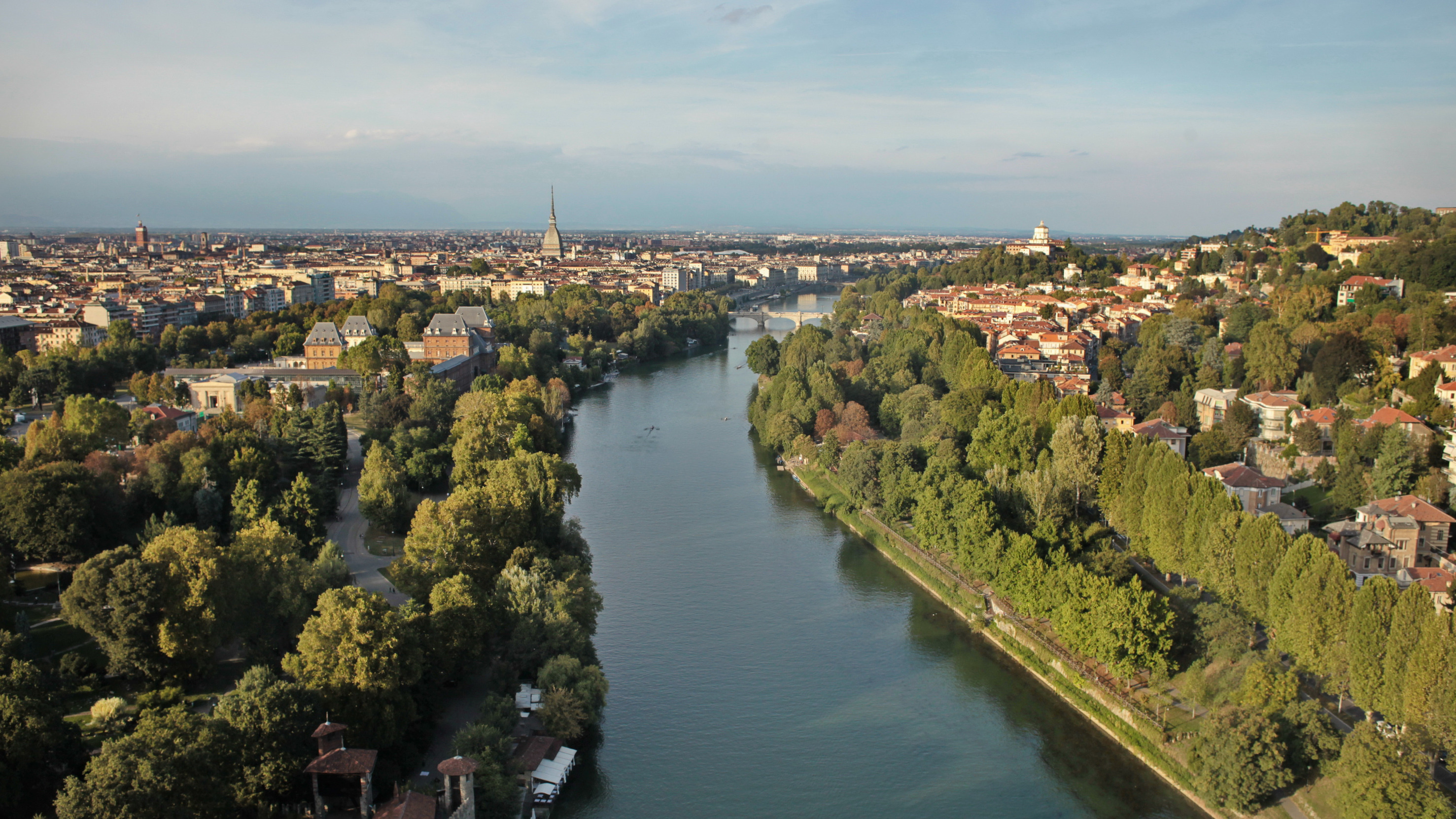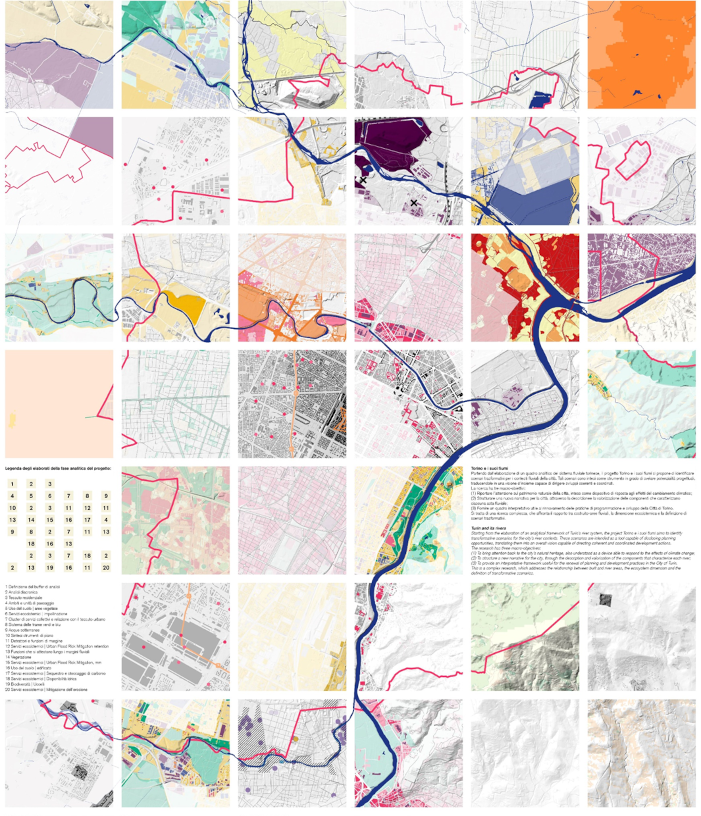
A “Green and blue comb” for Turin

A significant reflection on the strategic impact of Turin’s fluvial environment, emerging from a field study to identify all development perspectives: here is the research project "Turin and its rivers", led by FULL – Future Urban Legacy Lab PoliTO Interdepartmental Center together with Turin’s administration – in particular its public green department, and supported by the Fondazione Compagnia di San Paolo.
FULL coordinators are Loris Antonio Servillo, Professor at the Interuniversity Department of Regional and Urban Studies and Planning (DIST) and coordinator of the research team, Angioletta Voghera, Professor at DIST, Elena Vigliocco, Professor at the Department of Architecture and Design (DAD), and Carlo Camporeale, Professor at the Department of Environment, Land and Infrastructure Engineering (DIATI). Manuela Ronci, Research Assistant at DIST, is the scientific coordinator of the group activities.
The cooperation between FULL and the City of Turin started about a year ago, being now an driver for other urban centers characterized by a significant presence of waterways.
“It all stemmed – declares Professor Servillo – from a previous study on Parco del Valentino, led by our Interdepartmental Center. The City was interested in defining an alternative use of the fluvial system of the Po river and its tributaries”. A perspective based on the current rivers and banks conditions along the urban areas: in some cases being them subject to urban aggression, some others connecting with monumental and highly scenic environments, and others laying in a state of neglect.
Francesco Tresso, Turin’s councilor for public green, parks and river banks, declares: “We need to consider two different circumstances. From one side, nowadays extraordinary opportunities, offered by the National Plan for Recovery and Resilience (NRP) and more, relevant investments opportunities. On the other hand, the risk of launching detached interventions, considered that the city lacks a general framework to properly direct projects”.
The wide-range and accurate field research, led by Politecnico along Turin’s river auctions, is indeed aimed at review the situation and identify the right and innovative ways to proceed. The work is based on the possibility to reverse the existing relations between rivers and urban areas, observing and redesigning the City from its rivers.
In other words, the ultimate ambition of the work is to contribute to the construction of a water-sensitive city based on four major themes. First of all, the redefinition of rivers identity, emphasizing the vocation of the different urban areas along the rivers through the implementation of linear interventions on their banks. Secondly, the identification of scenarios for major transformation areas, where economic development opportunities can be coordinated by a coherent vision.
Thus, the restructuring of the river space as a climate refuge, capable of responding to the progressive overheating of urban and non-urban areas, as well as acting as a nodal point for the City's ecological system. Finally, the development of socio-economic activities linked to rivers, which can become privileged scenarios for the definition of slow mobility networks and leisure spaces, as well as catalysts for investment and economic activities.
“We’re talking about building a sort of ‘Blue and Green Comb’ of the city, a cohesive infrastructure in spatial, functional and ecological terms, along which to revive awareness of the possibilities that watercourses offer to urban centres – concludes Servillo – We have now reached the ‘turning point’. We started in September 2023 with an analysis phase that is closing. From here on, we enter the outlining phase of a spatial strategy for urban and territorial transformation capable of serving as a coordination tool for prompt urban policy interventions".
“FULL was the ideal setting for this sort of project – adds Francesco Tresso – It has been and still is the perfect research tool to help us understand the territory, convoy the NRP measures, propose new projects and fundraising opportunities, and optimize the existing ones”.